Coding for kids: the best free and paid programs in 2026
Making coding easier for your children
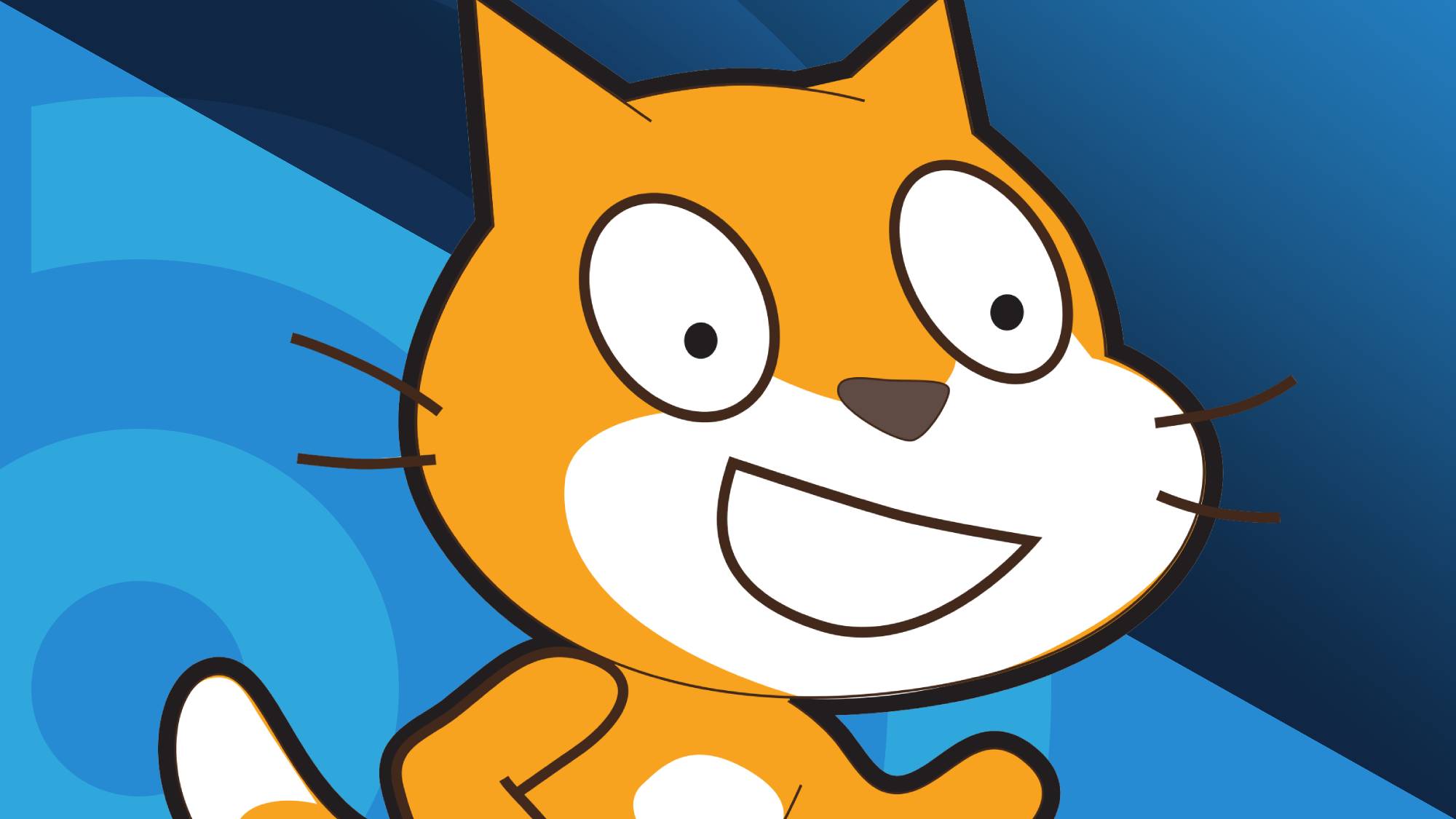
Sign up for breaking news, reviews, opinion, top tech deals, and more.
You are now subscribed
Your newsletter sign-up was successful
Coding for kids can be an incredible hobby that can set your child up for success in their future. Whether that means laying a foundation for a (hopefully) lucrative career, an introduction into game development, cyber security, robotics, website development, AI toolmaking, and more, there's so much that can be done with an understanding of how to code and the various languages taught to younger people.
With such a broad topic, we've attempted to cover all major bases with coding for kids. That's why you'll find a vast selection that touches upon the basics of game development with the likes of Scratch, Unity, and Roblox, but also more technical offerings that forgo a more visual UI to teach strong coding fundamentals like Code and Code Academy. You'll find only top-performing and well-respected options so that your child can comfortably (and confidently) learn the likes of Python, JavaScript, HTML, and CSS, so there are a ton of options available here.
To make the most of the vast amount of coding options, we recommend considering one of the best laptops for kids or one of the best student laptops so that your child will have a device with adequate processing power. While some of the more immediately educational options will have lower power requirements, that's not necessarily true for the more intensive courses available, particularly if they feature demanding visuals.
1. Scratch
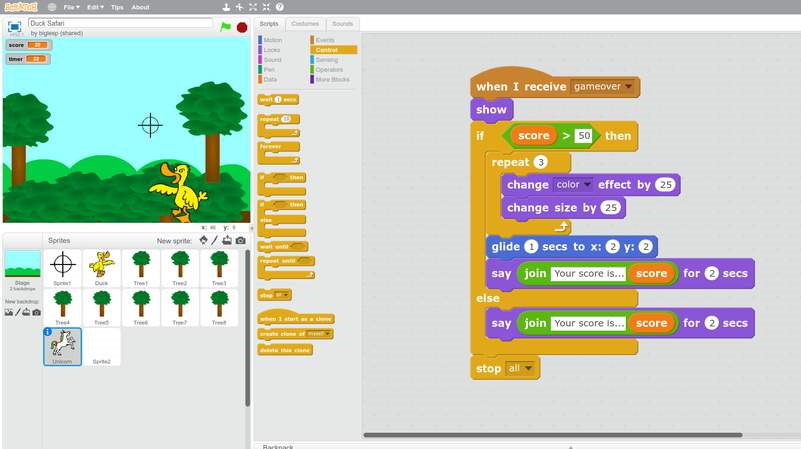
- Cost: Free
Developed by the MIT Media Lab, Scratch is a block-based visual programming language and website for kids.
According to the website, the mission of Scratch is to help young people learn to "think creatively, reason systematically, and work collaboratively".
Users can create projects using the interface, which is divided into three sections: the stage area, block palette, and coding area. Scratch can be used to create games, animations, text, stories, music and more.
Scratch is popular with schools, museums, libraries, community centers and home users. The primary age range for Scratch is 8 to 16, but there are modules that teachers and parents can use to learn about programming, too.
2. Construct
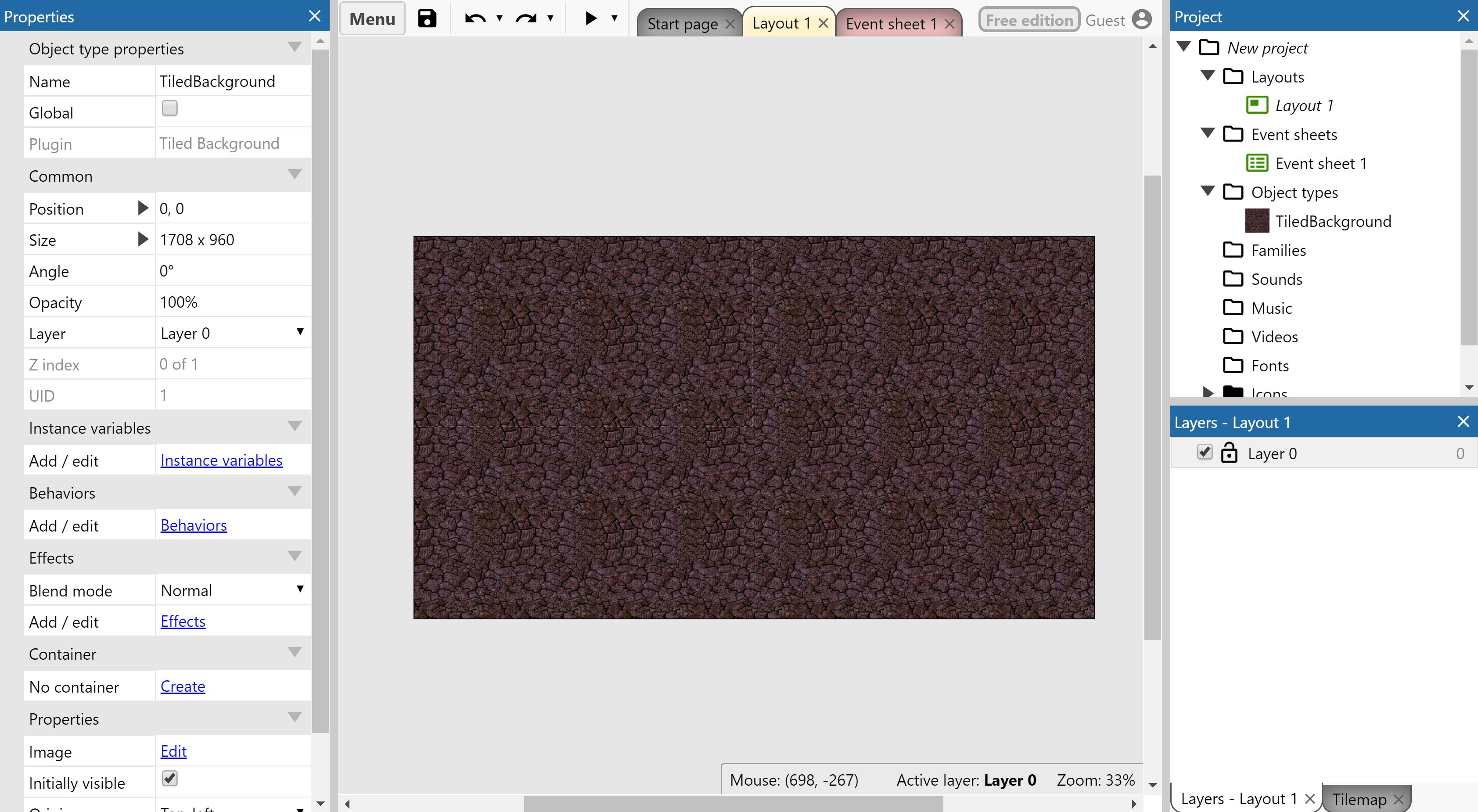
- Cost: $99 (around £75/AU$140) a year for individual plan
Create games and then market them online with Construct, an event-based game development platform.
Sign up for breaking news, reviews, opinion, top tech deals, and more.
Using HTML5, Construct allows students to build 2D games that range from RPGs to adventure-based clickers. The website features games made by big budget teams from Netflix and Cartoon Network alongside games made by humble individual creators.
Construct 3 runs on Windows, Macs, Linux, Chromebooks, and mobile devices. Check out our best student Chromebooks for some ideas.
There are many tutorials on the website that break down the steps of game creation with HTML5. Creating games with Construct 3 has a premium monthly or yearly cost, but the website has a host of educational resources that anyone can download for free.
3. Unity
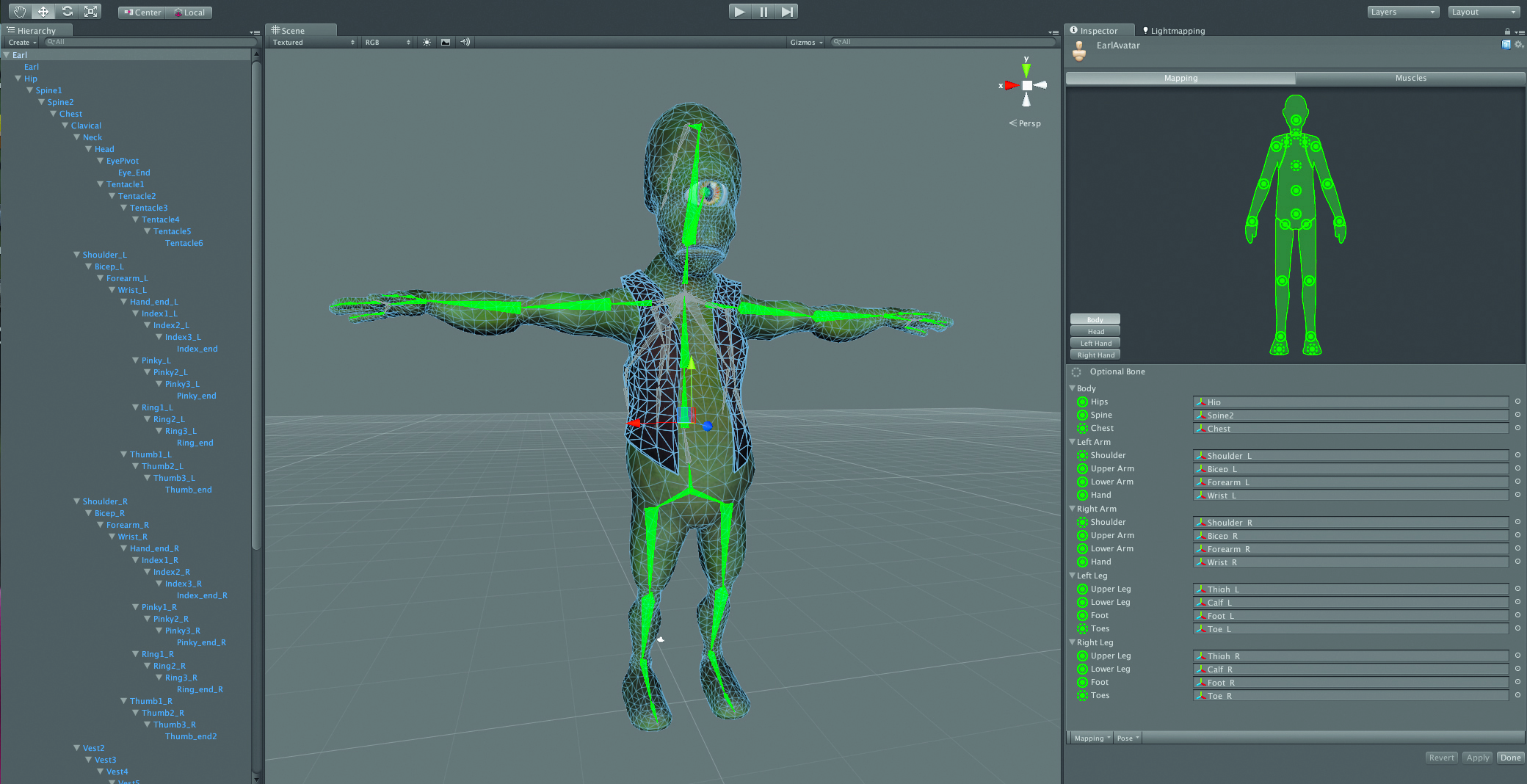
- Cost: Free
Help your child enter their career by getting them started with a high powered engine used by developers in the real world. Unity helps students gain experience with 3D interactive visual design and text-based coding in the C# coding language. Students will learn about all the ground-level aspects of object-oriented coding.
Unity allows people to make games and publish them on a variety of platforms. Users can create 2D or 3D scenes, animations, or cinematics in the Unity Editor.
Unity is free for students to use, and it's also free for individuals who receive less than $100k in funding over the last 12 months.
4. Roblox
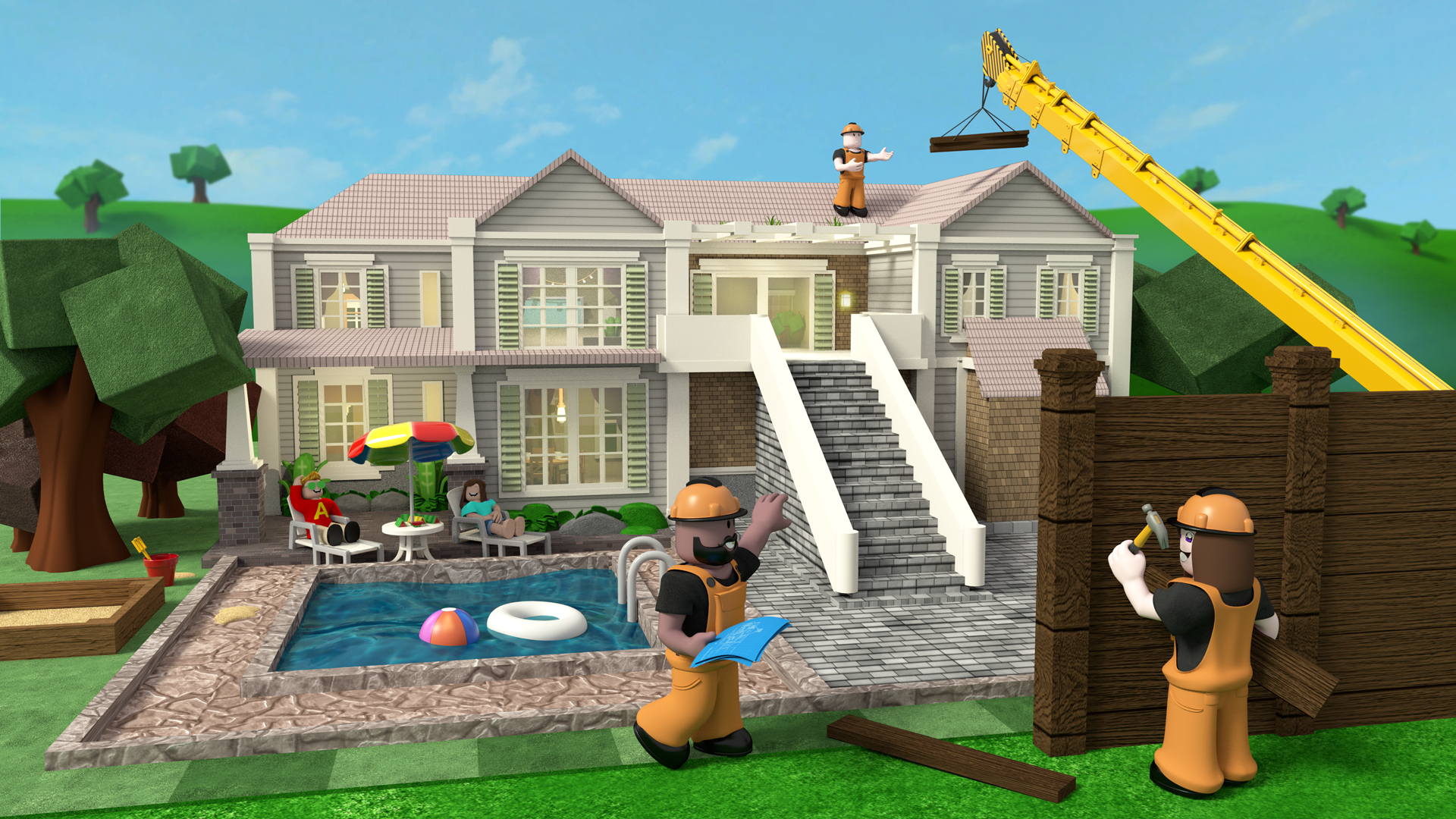
- Cost: Free
Roblox is a multi-player game that also has a coding environment. Kids can learn how to code and design their own games while also connecting with their friends online. The coding process is gamified as kids can earn exclusive badges and avatars after they prove their coding knowledge.
Of particular interest is the Hour of Code, which allows students to create their own stories by completing three lessons: Creating Variables, Getting Player Answers, and Telling the Story.
Hour of Code is an initiative by Computer Science Education Week and Code.org to get students to commit to one hour of computer science and programming.
5. Tynker

- Cost: Free to start, $20 (around £15/AU$30) a month
Another game-based coding platform, Tynker has a number of beginner and storytelling projects that are great for younger children.
There are picture-based block coding apps, as well as text-based block coding apps, available for students. It also has lessons and projects to teach children about robotics, creating Minecraft worlds, and learning Python, JavaScript, HTML and CSS.
Tynker has weekly summer code jams that offer $10,000 in prizes. The site also offers free accounts for teachers that include free coding courses, unlimited student accounts, and free professional development.
6. Codecademy
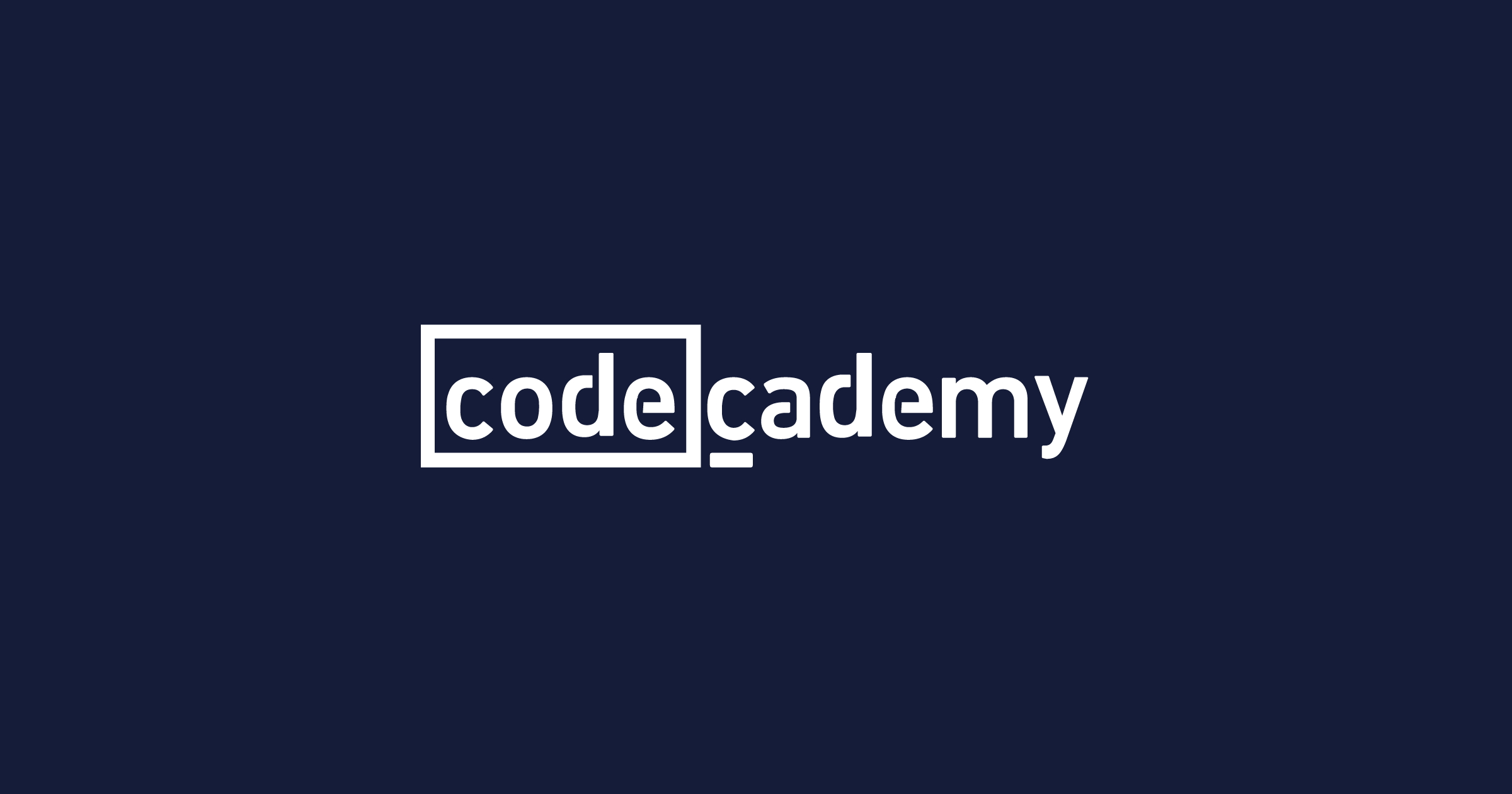
- Cost: Free to start, $19.99 (around £15/AU$30) a month
Let your kids take the sorting quiz on the site and it will help them choose which language to tackle first.
Codecademy is a comprehensive, user-friendly website that teaches kids basic code through simple exercises. The modules are easy to follow and users can try them before making a financial commitment to the site.
Once you reach the premium section of the site, you can build portfolio-ready projects from the ground up, work with other site members to collaborate on projects, and access exclusive courses, quizzes and other practice content.
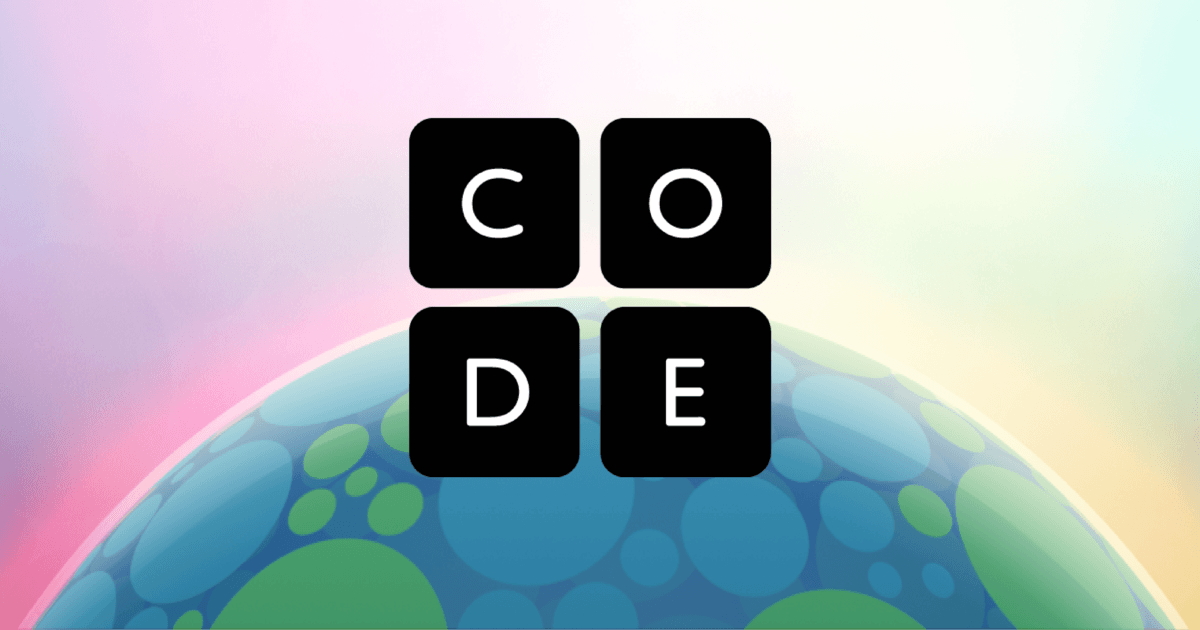
7. Code.org
- Cost: Free
Code.org is a nonprofit foundation stating its vision is that "every student in every school has the opportunity to learn computer science".
The majority of Code.org students are girls or underrepresented minorities, indicating they are doing important work to diversify STEM education. All of the curricula and software on the website are offered free of charge and licensed under a Creative Commons license.
The curricula are broken up by age groups. Kids can learn to make their games or build working apps using blocks, CSS, HTML, or JavaScript. The Express Course is particularly helpful for older students who are new to computer science but have no trouble with reading or writing.
Coding for kids: FAQs
What age should a child start coding?
While there's no set age for when a kid can begin coding, it's generally believed that a child can be ready from as early as seven years old, so when they've entered the Second Grade.
Are Raspberry Pi PCs good for coding?
Yes, getting your kid into coding with a Raspberry Pi computer can be an invaluable resource in teaching not only PC building and technical skills, but can also set them up for coding languages such as Python and Java, as well as the more accessible options such as Scratch.
- Aleksha McLoughlinContributor
You must confirm your public display name before commenting
Please logout and then login again, you will then be prompted to enter your display name.